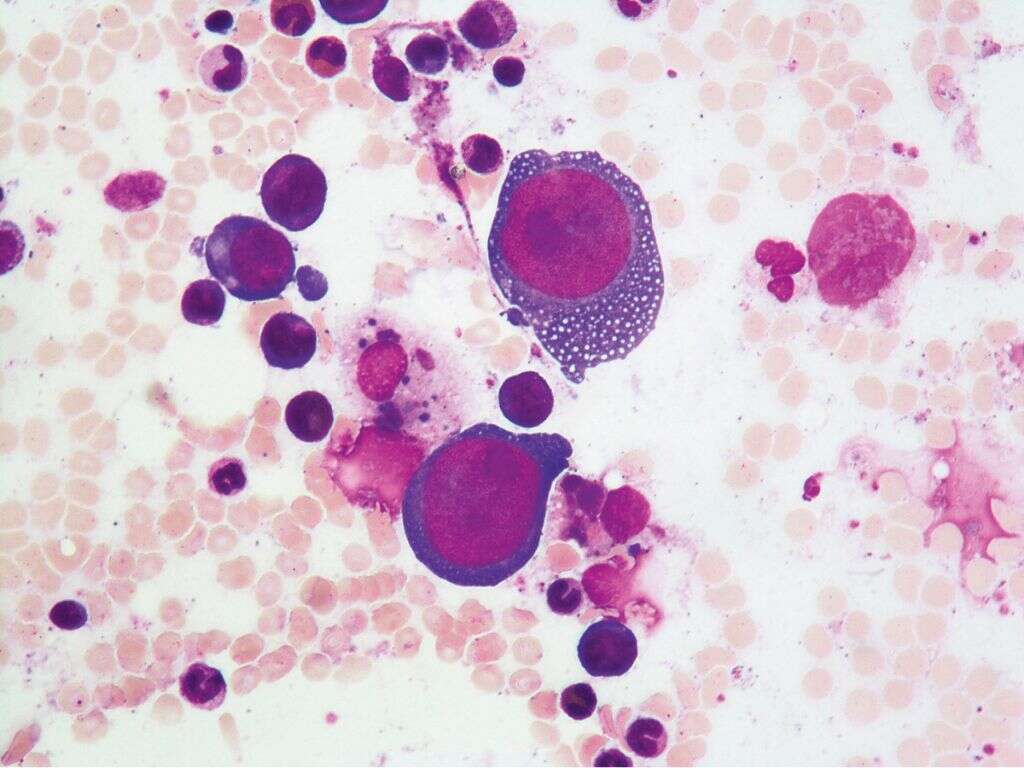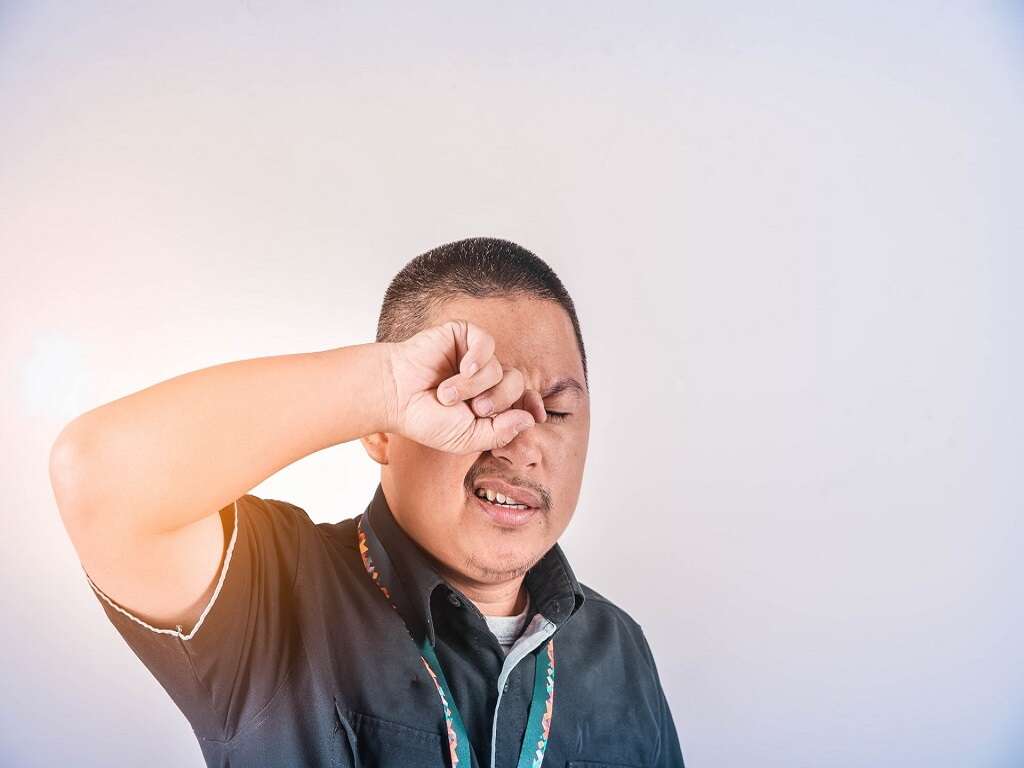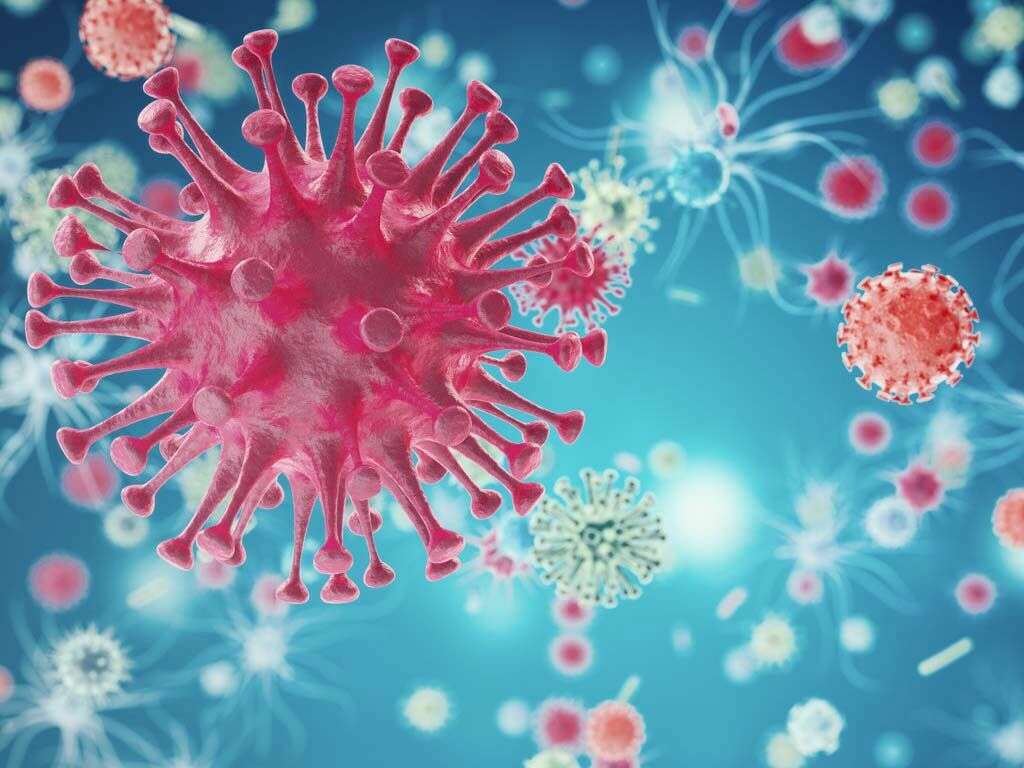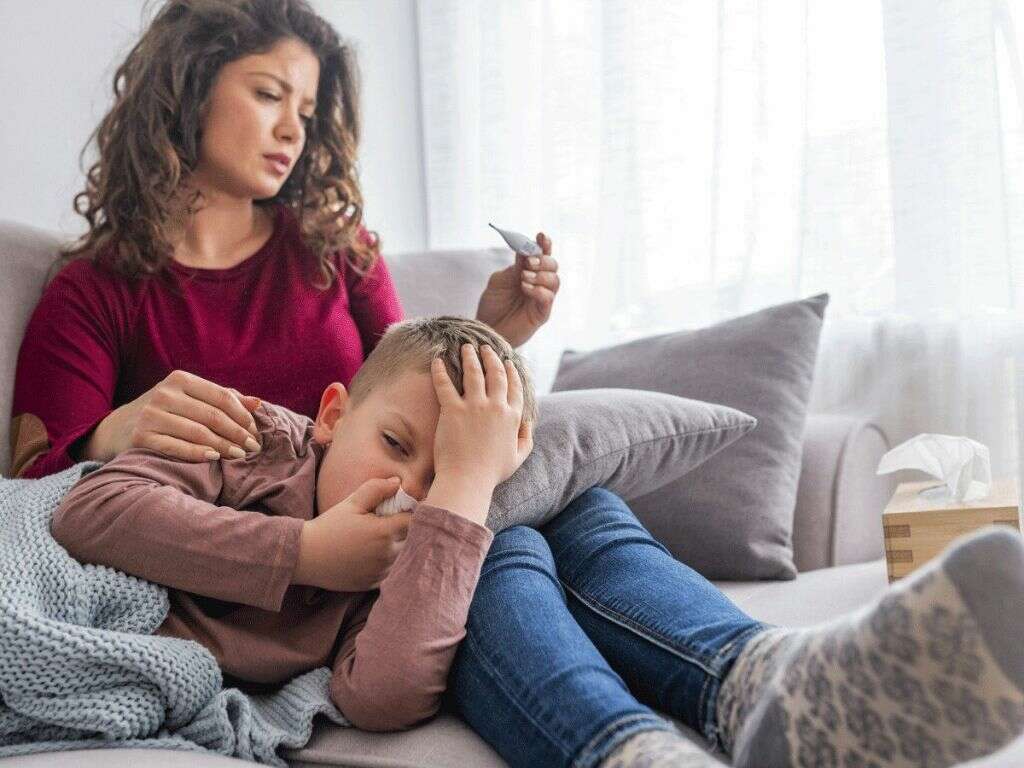What Is 5th Disease?
There are many types of virus that could cause us harm. A virus is not a living thing according to many scientists, rather they are little more than small packets of DNA or RNA. They cannot reproduce on their own, and instead they reproduce by hijacking the cells of other living things.
Many viruses are, thankfully, not likely to do us much harm. They can make us feel ill, but even then, the symptoms are usually only mild. One example of such a virus is the parvovirus, which causes an illness known as 5th disease. It is usually harmless to the vast majority of people, but it can present a real danger to some others.
1. 5th Disease
5th disease is a disease that is also known as parvovirus. It got the name 5th disease because it once came 5th in a list of diseases that commonly infect children. It is also known as slapped-cheek disease because of its tendency to cause a red rash on the patient’s face. It is a highly contagious disease and also fairly common.
The disease is only mild in the majority of cases, but symptoms tend to be more serious in adults. The disease can also be serious for people that have a weakened immune system, or anemia. A developing fetus is also at risk of complications if a pregnant woman is infected.
2. Causes
5th disease is caused by the human parvovirus B19. It is not the same disease that affects cats and dogs despite the similar name. The virus is spread from person to person in droplets from coughing, saliva, and breathing. It can be caught through contact with infected surfaces, including the hands of infected people.
In some cases, a pregnant mother will pass the virus on to her unborn child. 5th disease is most common among children that are of school age, largely because they tend to stay close together in groups. Outbreaks of the disease are likely to occur during colder weather.

3. Symptoms in Children
When symptoms of 5th disease do arise, they tend to be mistaken for a mild cold. Patients will usually have a mild fever and also a mild headache. They will often also have stomach problem, and many patients will have a runny nose. Some patients will also develop a sore throat.
Sometimes the patient will experience soreness in their muscles, while fatigue is also a symptom in some. In a small number of cases the patient might experience aches and pains in joints. A few days or so after the first symptom appear, the patient will begin to develop the distinctive rash that the condition is so well known for.
4. Rash
The rash associated with 5th disease is bright red in color and is found on both of the patient’s cheeks. The rash will often spread to elsewhere on the body, including the arms, the buttocks, the thighs, and the trunk. It can be very itchy for the patient, and the patient should be discouraged from scratching as much as possible.
After around 5 to 10 days the rash will begin to fade, but it can recur weeks or even months afterwards. This usually happens when the child is hot, such as when spending time in the sun, bathing, or exercising. The recurrence of the rash is nothing to be concerned about.

5. Symptoms in Adults
The characteristic rash that inspired the slapped cheek disease moniker is unlikely to occur in adults with 5th disease. They are also unlikely to show some of the other symptoms that children have, but they can show some symptoms that children don’t show. This tends to mean aches and pains and soreness of joints as well as itchiness of the rash.
The joints most affected tend to be the ankles, the wrists, the knees, and the joints in the hands. The discomfort can last for days, whereas it will last for weeks in some cases. The symptoms are not usually severe and will usually pass with no permanent damage being done.
6. Pregnancies
As mentioned, the virus can sometimes be passed to a baby that is still developing in their mother’s womb. This is thankfully quite rare, but when it does happen it can affect the red blood cells of the fetus. This can potentially lead to severe cases of anemia in the unborn fetus.
In some cases, this can result in a stillbirth or a miscarriage. Pregnant women should let a doctor know as soon as possible if they believe they have contracted 5th disease.

7. Anemia
Anemia is a condition where the patient does not have enough red blood cells flowing through their blood. This, in turn, means that the blood will not be able to carry enough oxygen around the body, and this can lead to problems. Anemia can usually be treated and is not usually dangerous, but it can be in some cases.
5th disease is a problem for people with anemia because it can stop, or at least slow down, the production of new blood cells. In people that already have anemia this can be a real problem. Patients with sickle cell anemia are most at risk of complications from 5th disease.
8. Weakened Immunity
5th disease is not a serious infection for most people, and our immune systems will usually be able to handle it alone. This is not always the case for everybody, however, as some people will have an immune system that is significantly weakened.
People with HIV in particular are at risk of complications from 5th disease. Some cancer treatments will also cause the patient’s immune system to be weaker than usual. When people have recently had an organ transplant there is a risk of their immune system rejecting the organ. Medication is provided to help prevent this, and this too can leave people particularly vulnerable to 5th disease.
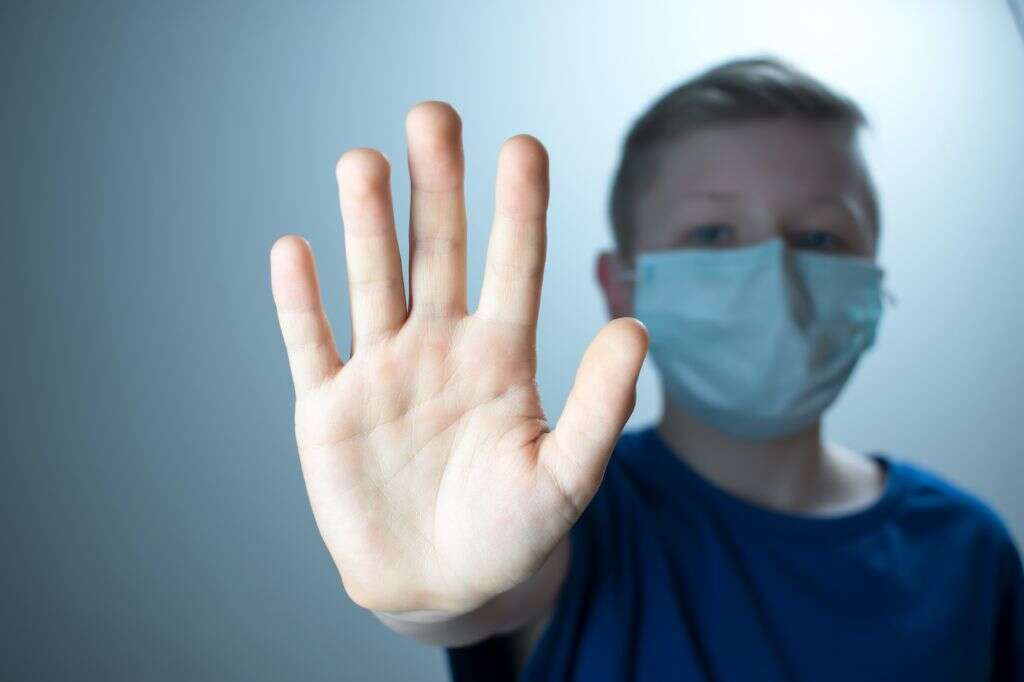
9. Prevention
It is all but impossible to make yourself completely safe from the 5th disease virus. However, there is still plenty that you can do to help reduce your risk of catching it, and from many other types of pathogen. This mainly means maintaining high hygiene standards such as washing your hands regularly.
In addition to washing your hands regularly, it is also advised to avoid touching your face where possible. You should also avoid sharing cutlery, crockery, and drinking vessels with other people. Also try and keep clear of people that appear to be ill, and you should also keep your own children at home if they are ill.
10. Treatment
In the majority of cases, there is no need to actually treat the virus. Instead, patients are advised to stay at home, get plenty of rest, and take on plenty of fluids. The patient may be treated in the meantime for their symptoms to help make them feel more comfortable.
In a small number of cases, however, the need for treatment is rather more urgent. Patients that have a weakened immune system may be given immune globulin injections to help them fight off the infection. People with anemia may need blood transfusions and it may be necessary for them to stay in a hospital.



